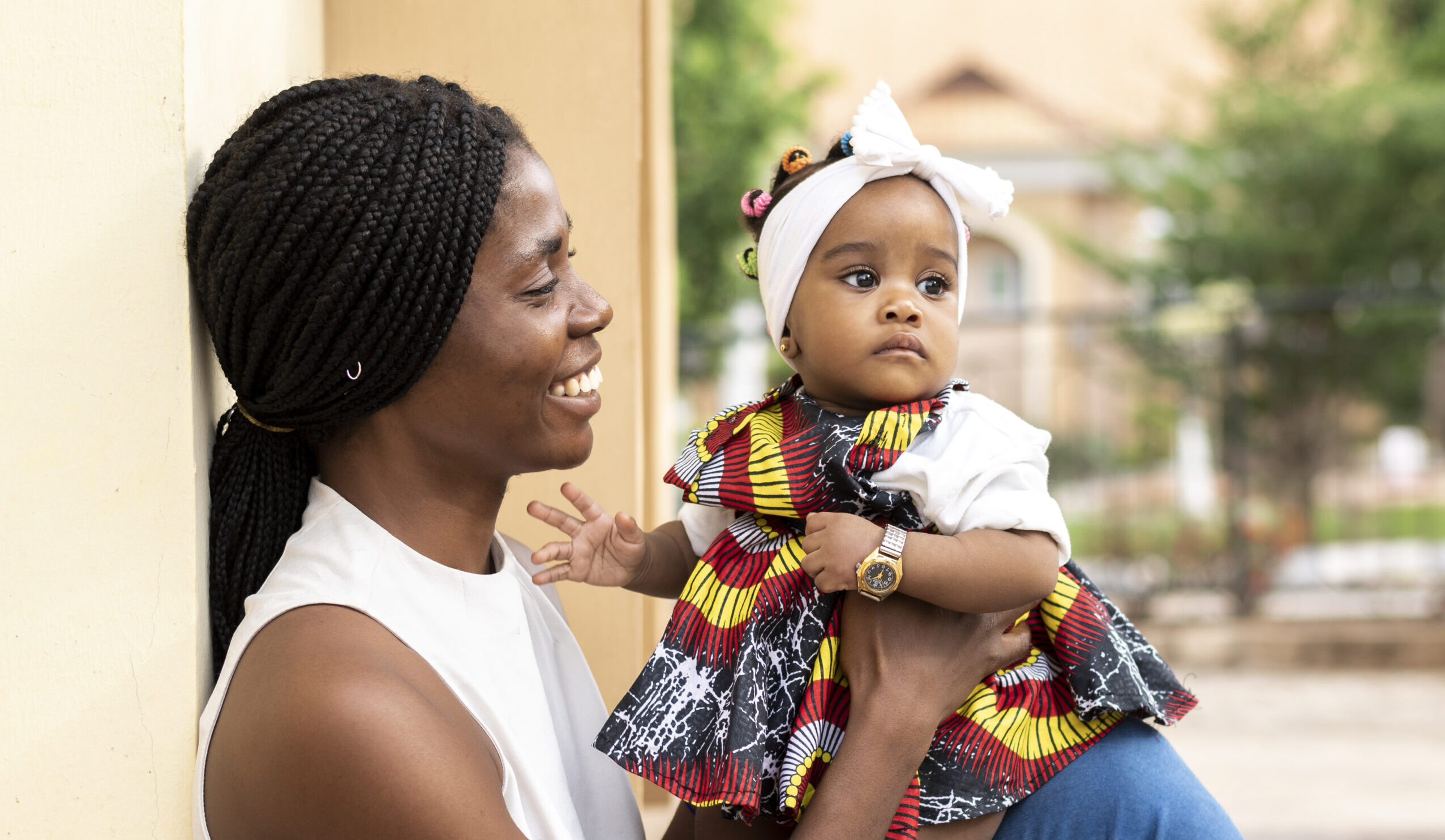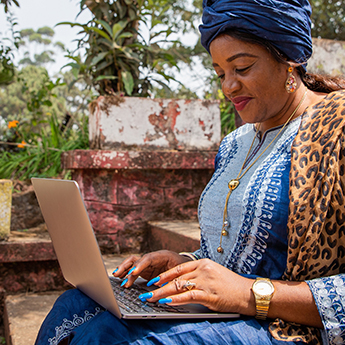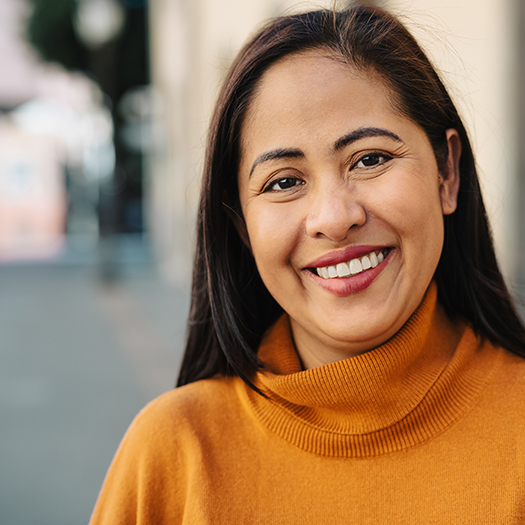The Power of Rights-based Contraception for Young People
We often hear that “young people are the future,” and although it might be a cliche, it’s true — young people will inherit the world we live in, and their decisions will affect the future for generations to come. Yet many young people are still left out when it comes to accessing rights-based contraception and participating in conversations and programs about family planning. Too often we hear that young people are not mature enough for these kinds of conversations, that asking for contraceptives is wrong, and that this taboo subject is better avoided than discussed. However, if we were to face those misconceptions and grant young people universal access to rights-based contraception in our health care systems, we would get one step closer to achieving gender equality, increasing literacy rates and other prosperity indicators, and, consequently, enhancing a region’s economic growth.








